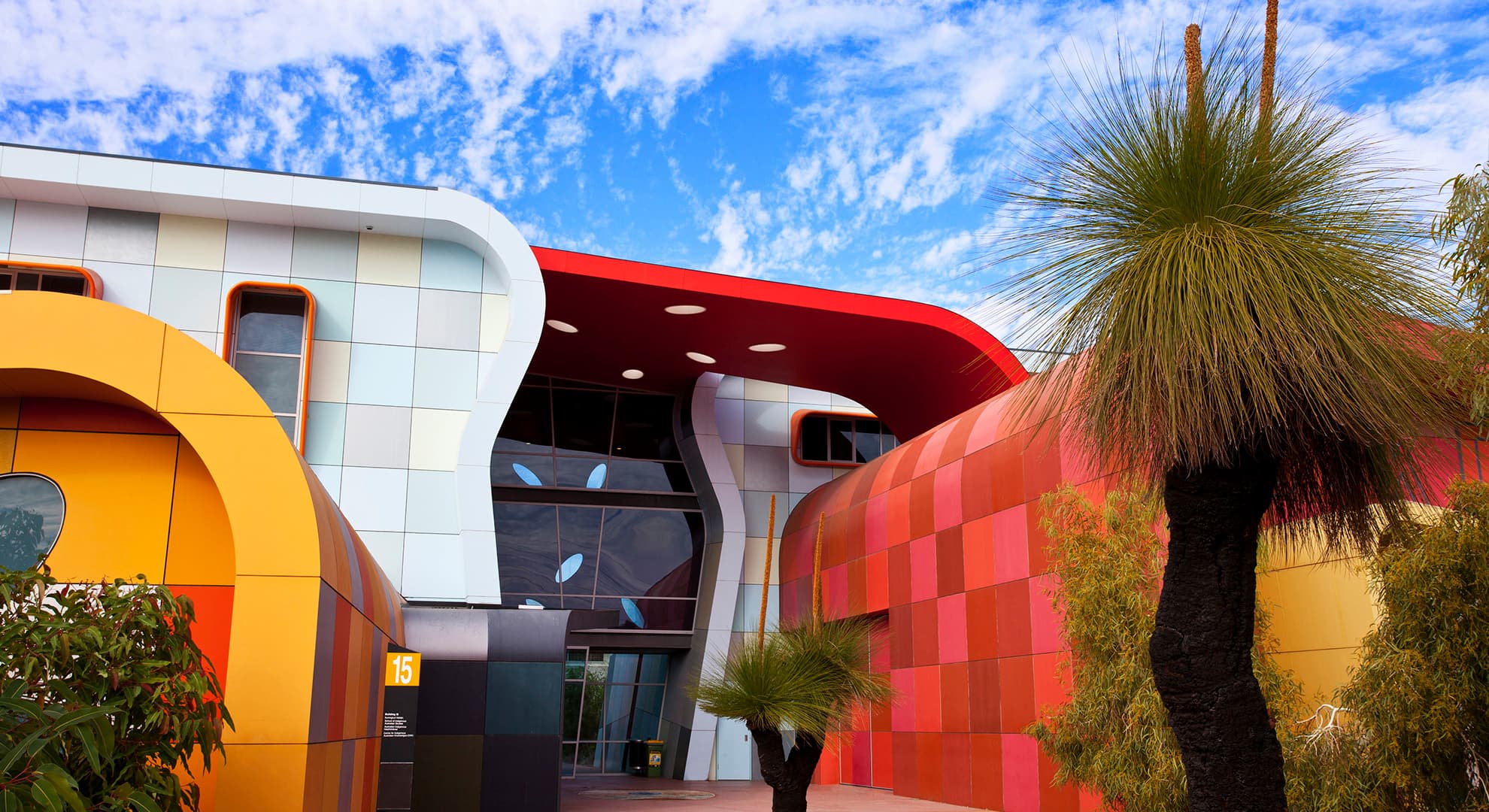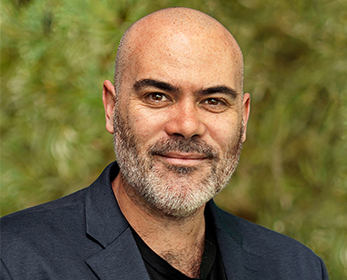Edith Cowan University (ECU) researchers have welcomed generous funding from The Stan Perron Charitable Foundation to support a world-leading child development program aimed at giving Aboriginal children a better start in life.
The new funding will add to a $3 million National Health and Medical Research Centre (NHMRC) Clinical Trials and Cohort studies grant announced in 2022, furthering ECU's research to create lifelong benefits for Aboriginal children in Perth, Western Australia.
The Foundation's funding will support the Maawit Maladjin (Maawit = young people, babies, Maladjin = growing, raising, developing) Clinical Trial, which will apply an internationally successful Care of Child Development (CCD) program to address childhood development vulnerabilities for WA's Aboriginal and Torres Strait Islander children.
ECU's Director of Aboriginal Research Professor Dan McAullay will lead a global team, which includes experts from King's College London, University of Melbourne, Monash University, King Edward Memorial Hospital for Women, Murdoch University and the Telethon Kids Institute.
The Stan Perron Charitable Foundation Chair, Elizabeth Perron, acknowledged the impact that this work will have on the health of children across Western Australia.
"We're very pleased to support this vital effort in bolstering research capacity in Western Australia as part of our commitment to improving children's health, particularly among those most vulnerable to illness and disadvantage," Ms Perron said.
"The Foundation's focus is on supporting initiatives that enable children to have the best start in life and allow them to look forward to a brighter future and reach their full potential."
Professor McAullay said the grant would significantly help address a prevalent issue in the Aboriginal community.
"Almost one in three Aboriginal children start school in Western Australia with at least two of what researchers call developmental vulnerabilities," he said.
"Despite this high level of developmental issues in Aboriginal babies, there has been no primary health care delivered early child development program starting in this early stage of life."
"The long-term effects of having poor early child development means children don't live up to their potential.
"That then influences their educational attainments, and their social and emotional wellbeing going into adulthood."
Proven program
The CCD program, developed by the WHO and UNICEF, provides an evidence-based theoretically sound model for improving early child development and maternal depression in low and middle-income countries.
The program has been implemented in 19 countries and 23 sites, resulting in substantial improvements in infants aged 0 — 24 months.
The two-year community-based trial in Perth will pair 514 mothers and infants with a team of national and international experts to provide them with life changing support.
Health providers will be trained to offer appropriate advice to caregivers on play, responsive stimulation, mother-child interaction, and maternal depression, starting in the first month of life.
In order to achieve the 'Closing the Gap’ target set in 2020, which states that 'Aboriginal children should thrive in their early years', Professor McAullay said service providers must have strong partnerships, engagement with families, and a sustainable evidence-based program for early Aboriginal child development.
"This is a crucial first step to 'Closing the Gap' in early childhood development with expected lifelong benefits," he said.

 New funding from The Stan Perron Charitable Foundation will support a world-leading child development program aimed at giving Aboriginal children the best start in life.
New funding from The Stan Perron Charitable Foundation will support a world-leading child development program aimed at giving Aboriginal children the best start in life.



